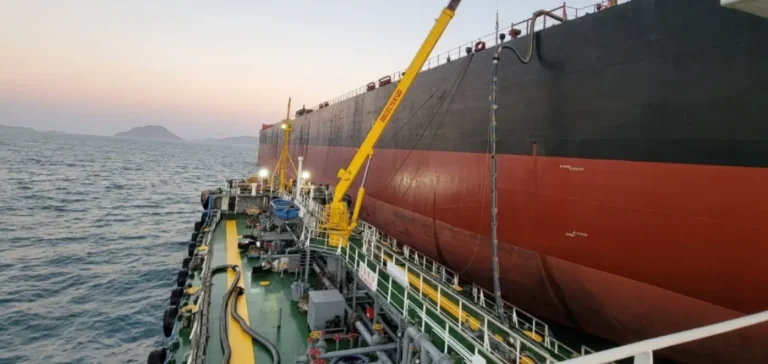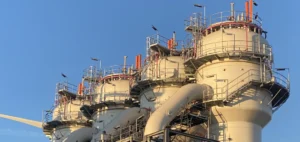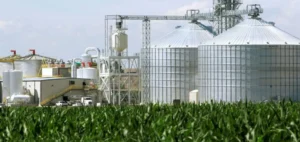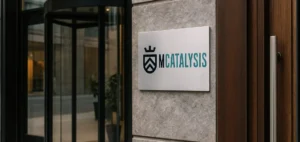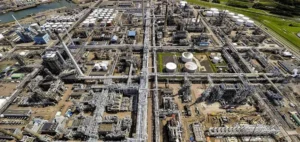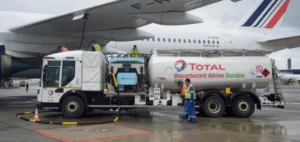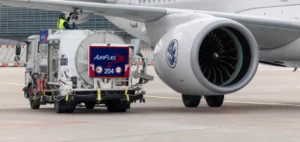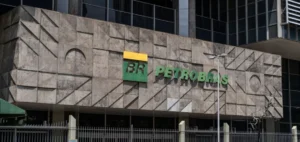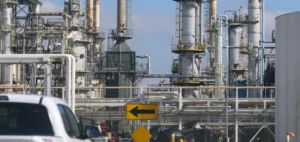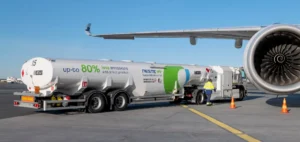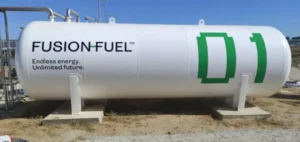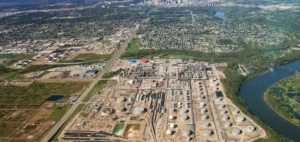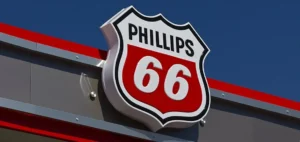Chimbusco Pan Nation (CPN), a Hong Kong-based marine fuel supplier, carried out its inaugural delivery of B30 marine gasoil (B30-MGO), a fuel consisting of 30% biodiesel and 70% conventional marine gasoil. This delivery was made to Orient Overseas Container Line (OOCL), a major Taiwanese company specializing in containerized shipping. The supply of this alternative fuel comes at a time when shipping companies are increasingly seeking diversified fuel sources to comply with new regulations introduced by the International Maritime Organization (IMO). Simultaneously, CPN also delivered a batch of B30 High Sulfur Fuel Oil (HSFO), demonstrating its capability to supply a broad range of alternative fuels.
Enhanced Regional Capacity for Biofuels
This delivery marks a significant event for OOCL, which is receiving this specific biodiesel-marine gasoil blend for the first time in Hong Kong. Since the beginning of the year, CPN has expanded its operational capabilities in the field of alternative marine fuels to meet the growing demand resulting from new international regulations. These regulations now allow conventional vessels to carry biodiesel blends of up to 30% by volume, compared to the previous limit of 25%. This regulatory shift was confirmed during the 83rd session of the Marine Environment Protection Committee (MEPC) of the IMO.
The Asian maritime sector is particularly attentive to these regulatory changes, as they define new operational standards for shipping companies. As such, CPN’s energy diversification strategy directly addresses the requirements imposed by these new international standards. By expanding its offering of alternative fuels, CPN aims to strengthen its market presence in a competitive environment where the availability of compliant fuels is critical. Since April 2025, CPN has already been offering its customers B30 biofuels in Hong Kong, with steadily increasing volumes.
Local and Regional Strategic Agreements
This operation follows several agreements concluded in recent months between CPN and local and regional institutions. Notably, the company signed a partnership with the Transport and Logistics Bureau (TLB) of the Hong Kong government last June. This agreement aligns with a governmental plan launched at the end of 2024 aimed at positioning Hong Kong as a global center for the bunkering and trading of alternative marine fuels. The initiative specifically aims to combine production capabilities from mainland China with Hong Kong’s strategic position as an international commercial gateway.
Simultaneously, CPN continues its energy diversification strategy through initiatives related to other alternative fuels, including marine methanol. In this context, a memorandum of understanding was signed at the end of 2024 with the Hong Kong-based company Towngas to develop practical solutions for the use of methanol as an alternative marine fuel in the region. This diversified approach enables CPN to position itself in multiple segments simultaneously, responding effectively to evolving regulatory and commercial trends within the international maritime transportation sector.


